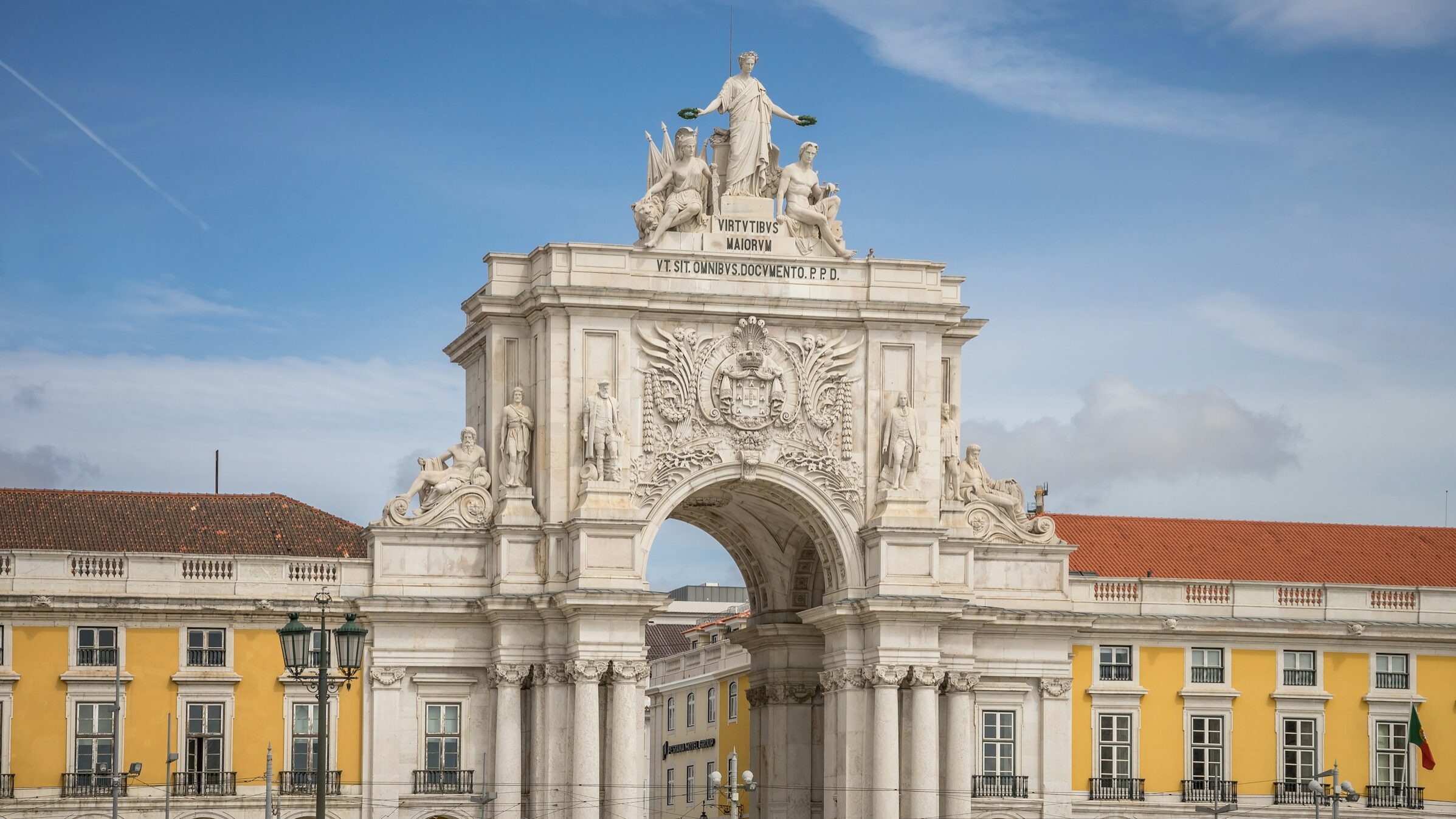Portuguese President signs Foreigners Act into law
The text was revised and approved by 70% of MPs and minimally addresses the main concerns raised by the President regarding its constitutionality.
On Thursday, the President of the Republic promulgated the Foreigners Act, saying that it now ‘minimally addresses the essential issues of unconstitutionality raised’ by him.
“Considering that the legislation, now revised and approved by 70% of MPs, minimally addresses the essential issues of unconstitutionality raised by the President of the Republic and confirmed by the Constitutional Court, the President of the Republic also enacted the Assembly of the Republic’s bill amending Law No. 23/2007 of 4 July, which approves the legal regime for the entry, stay, departure and removal of foreigners from national territory”, reads the note published on the Presidency of the Republic’s website.
On 30 September, Parliament approved a new version of the revision of the so-called Foreigners Act, with votes in favour from the PSD, CDS-PP, Chega, Iniciativa Liberal (IL) and Juntos Pelo Povo (JPP), while the PS, Livre, PCP, Bloco de Esquerda (BE) and PAN voted against it, following the Constitutional Court’s rejection in August, following a request for preventive review by the Head of State.
PS, Livre, PCP, BE and PAN, as well as the sole deputy from JPP, had voted against the first version, approved on 16 July, with votes in favour from PSD, Chega and CDS-PP and abstention from the liberals. In the new version, Iniciativa Liberal and JPP have already voted in favour.
Marcelo had already signalled that he would make a statement on Thursday, the day on which the deadline for a possible appeal to the Constitutional Court expires. “I guarantee that I will not go beyond the 16th. I will meet that deadline, which also allows you to understand my inclination”, he said earlier this week. On Thursday, he made a point of emphasising that he “wanted to symbolically demonstrate” that he had raised “doubts about constitutionality” and when the “conditions” were right, he signed “on that same day”.
Questioned by journalists on the sidelines of an event in Porto, the Head of State explained that it was the amendments introduced to resolve the issues of unconstitutionality that weighed most heavily on his decision, but approval in Parliament by 70% “is a huge margin”, he stressed. “It is more than two-thirds, which is what is required for a revision of the Constitution”, he pointed out.
With the amendments proposed, mostly by PSD and CDS, but also three changes presented by Chega and one by PS, the law now stipulates a minimum period of two years to apply for family reunification of a spouse when there are minors or incapacitated persons in their care; the deadline for deciding on a case is set at 90 days, this time without the possibility of extension; the criteria for renewing residence permits for reunification are tightened; and, in the case of bilateral agreements, the conditions for the entry of immigrants may be more favourable.
Marcelo Rebelo de Sousa stressed that the enactment of the law does not put an end to democracy and that “this debate will continue for a long time”. “There will be many opportunities to see the evolution of the Portuguese economy and society”, he said in response to the need to balance the forces of those in society who argue that immigration must be curbed and those who consider immigration essential to the functioning of certain sectors of activity such as tourism or agriculture.
This issue was the subject of a “very intense political debate”. “The parliamentary majority was often on a wave that changed in the opposite direction. This is democracy. A change that corresponds to 70%. It is up to the President to know whether the Constitution is respected or not”, he concluded.




